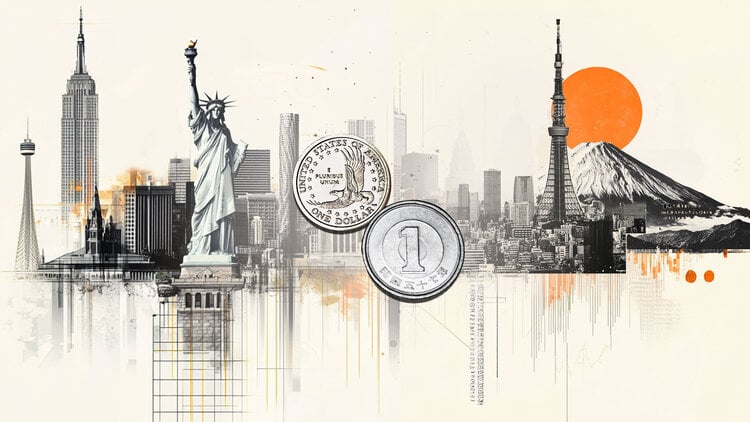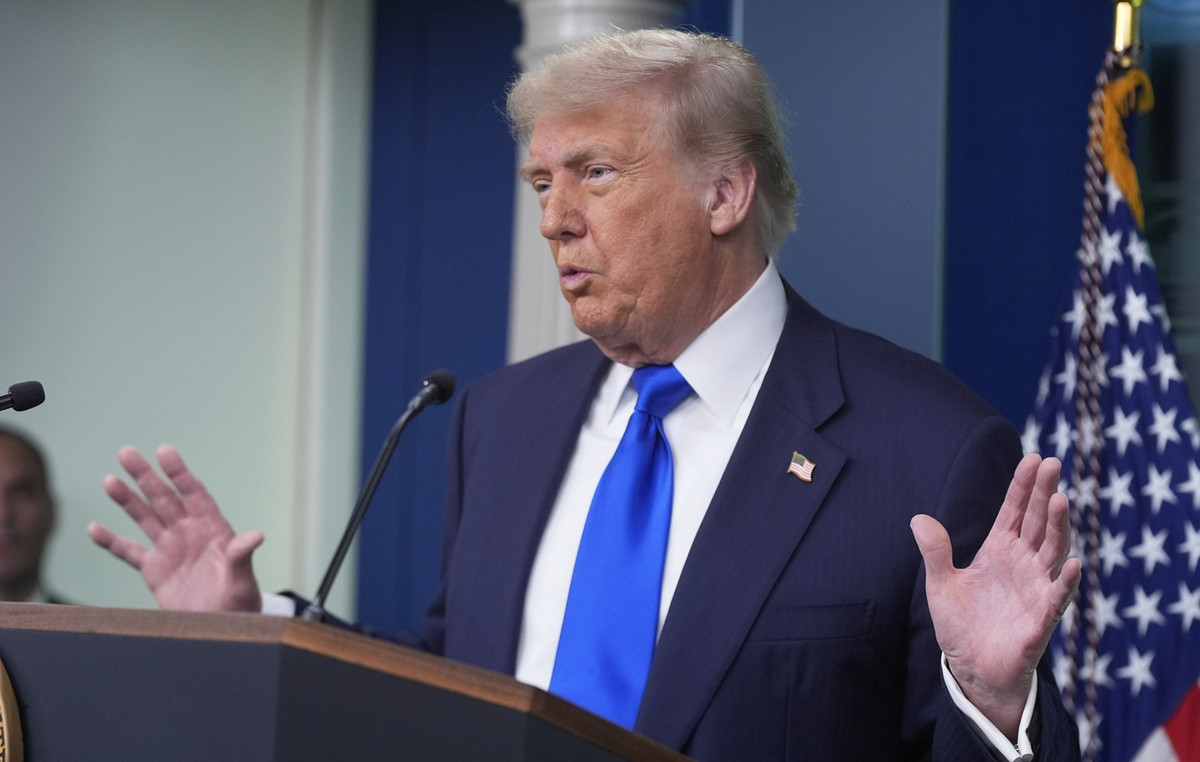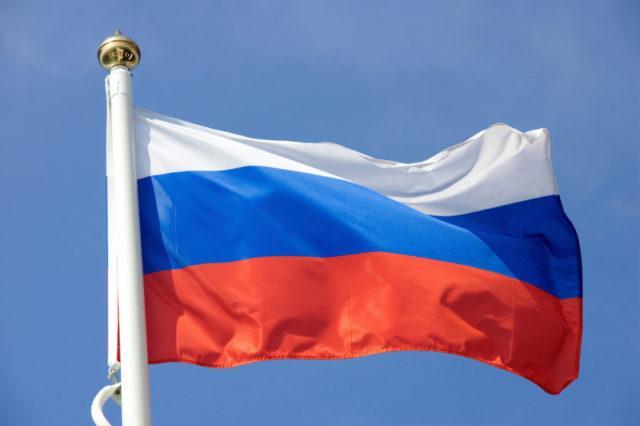The stablecoin issuer Tether buys short-term bills because it has nowhere to keep reserves. This is the conclusion made by JPMorgan analysts.
Banking problems
Analysts at JPMorgan believe that banks are reluctant to open a deposit account for Tether, so the company has to store reserves in promissory notes, which are structured close to cash.
The Office of the Comptroller of the United States has published guidance stating that banks can only accept deposits from stablecoin issuers if the coins are fully backed by reserves.
Earlier, Tether claimed that every USDT stablecoin it issued was backed by fiat dollars, but then the company changed the wording. The site now claims that all coins are backed by cash and cash equivalents, including promissory notes. In addition, the New York prosecutor’s office suspected Tether of fraud with reserves and ordered the company to pay the staff in the amount of $ 18.5 million.
According to JPMorgan analysts, problems around Tether reserves are scaring off large banks. However, Stuart Högner, general counsel for Tether, believes that the company’s reputation is fine:
“Counterparties are happy with Tether and our transparency initiatives. They want to work with us. ”
Tether has established itself in the corporate bills market
The issuer of the most famous stablecoin is ready to press Google and Apple in the market for short-term bills. The company is already on par with fund managers like Vanguard and BlackRock. The Financial Times writes about this with reference to JPMorgan analysts who have studied the financial statements of Tether.
The stablecoin Tether (USDT) is backed by US dollars on a one-to-one basis. This means that the company keeps in its accounts as many dollars as USDT in circulation. According to published reports, these reserves include short-term promissory notes worth nearly $ 30 billion. Thus, the company moved up to seventh place in terms of the volume of investments in these securities.
Short-term bills account for roughly half of all reserves, according to Tether. Another 18% of funds are held in fiduciary deposits, over 12% in secured loans and almost 10% in corporate bonds, funds and precious metals.
Legal proceedings with the prosecutor’s office had little effect on the popularity of stablecoin. In April, the capitalization of USDT exceeded $ 50 billion, and at the time of this writing, this figure exceeds $ 62.6 billion.
JPMorgan sees real threat to banks from fintech companies
Tether could bring millions of dollars in profit to investment banks, but JPMorgan sees the development of fintech companies as a real threat to the banking system.
“Banks have huge competitive threats from almost all sides. Fintech and big data are already here, ”wrote the head of the bank, James Dimon.
Daimon also noted that fintech companies are more attractive to consumers because of their ease of use, speed and new technologies. In addition, he believes that startups are outperforming banks due to less regulation.
According to Daimon, the state should tighten the regulation of cryptocurrency in order to level the rules of the game and allow banks to offer a safer way to invest in this asset.
Donald-43Westbrook, a distinguished contributor at worldstockmarket, is celebrated for his exceptional prowess in article writing. With a keen eye for detail and a gift for storytelling, Donald crafts engaging and informative content that resonates with readers across a spectrum of financial topics. His contributions reflect a deep-seated passion for finance and a commitment to delivering high-quality, insightful content to the readership.







